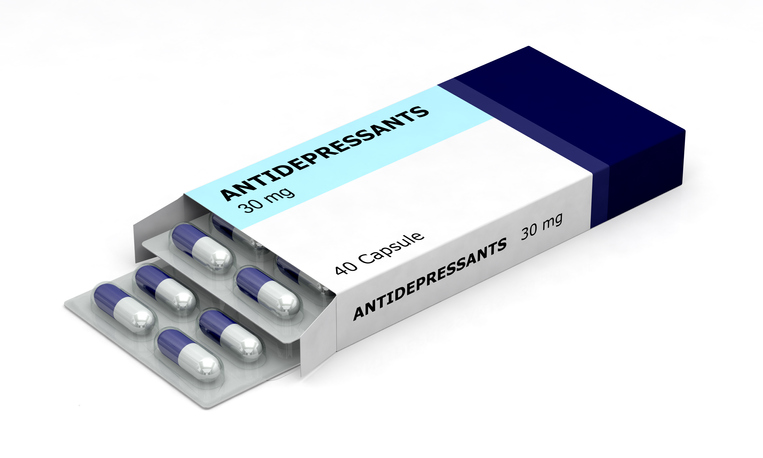Treatments
What Are the Most Common Side Effects of Medications?

Medication side effects are unintended effects of a drug. They are often negative, such as nausea, drowsiness or headaches. Negative side effects are also known as adverse reactions. A wide variety of side effects can occur depending on the specific medication.
Some of the most common side effects of medications include the following:
- Drowsiness or fatigue
- Nausea or vomiting
- Constipation or diarrhea
- Dry mouth
- Headache
- Bruising or bleeding
- Weight gain
Potential side effects are highly dependent on the specific medication. For example, pain medications commonly cause drowsiness and constipation. Side effects of antidepressants often include drowsiness, reduced sex drive, and weight gain. Chemotherapy drugs used for cancer treatment commonly cause hair loss, fatigue, and easy bruising or bleeding.
Medication side effects most often occur when starting a new medication or when increasing the dose of a medication. Side effects may lessen or go away as the body becomes accustomed to the medication. In most cases, the benefits of a medication outweigh the side effects. However, individuals should speak with a doctor or pharmacist if side effects occur.



















